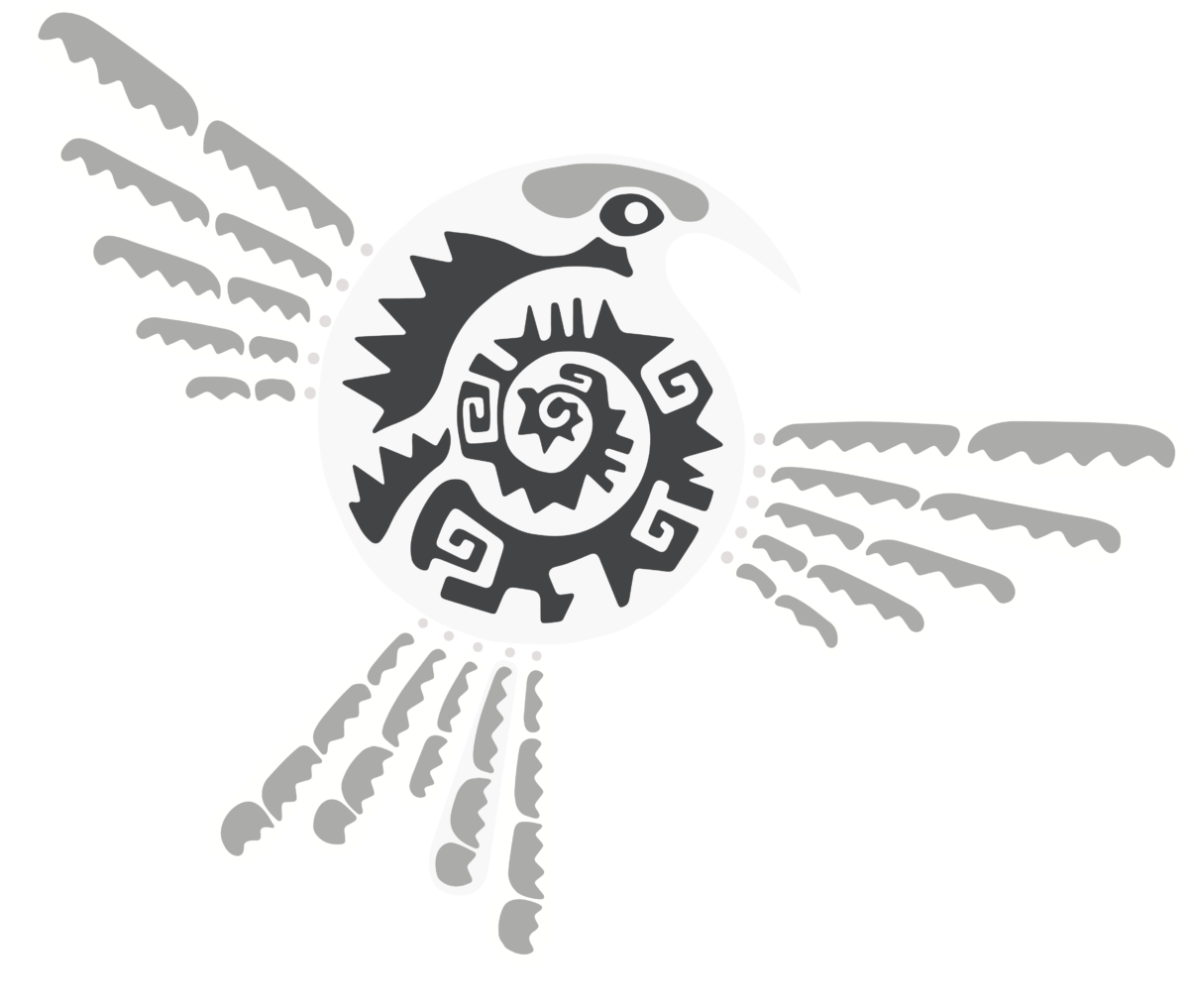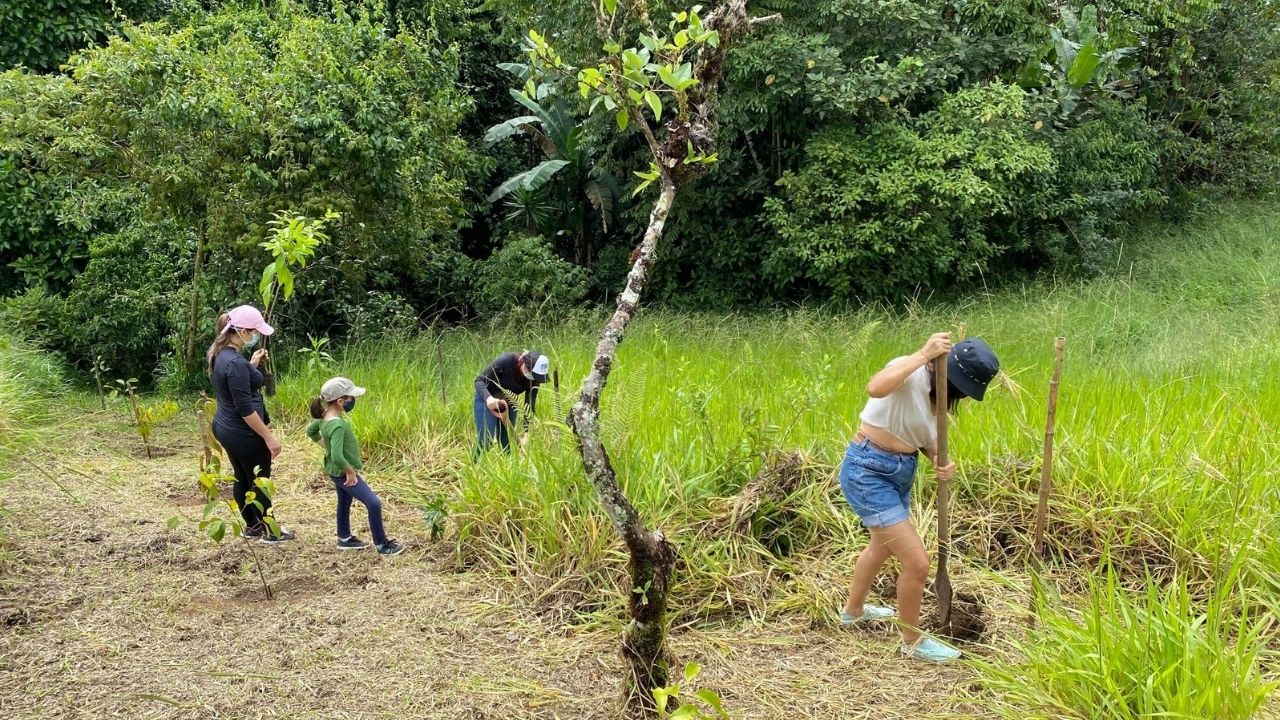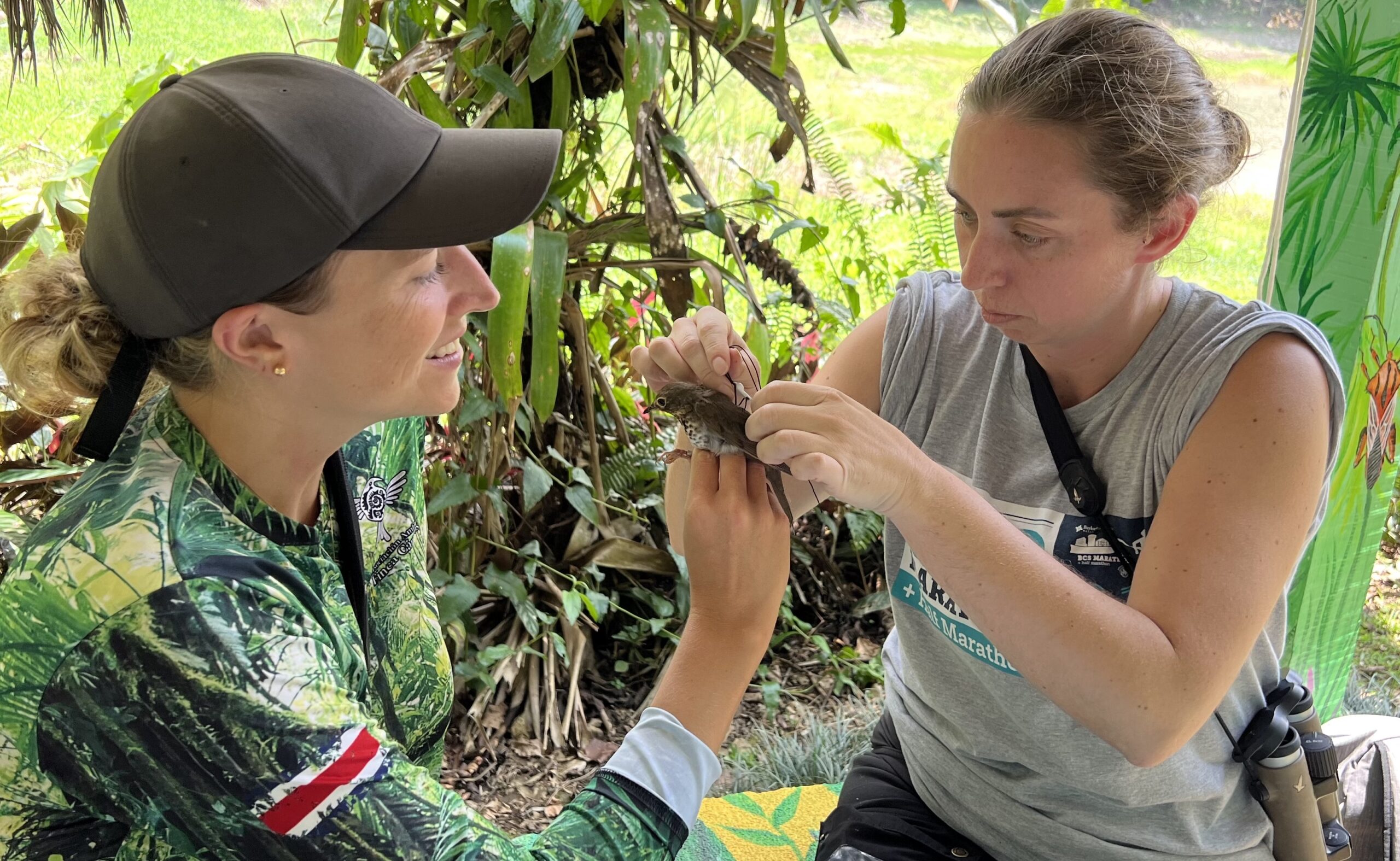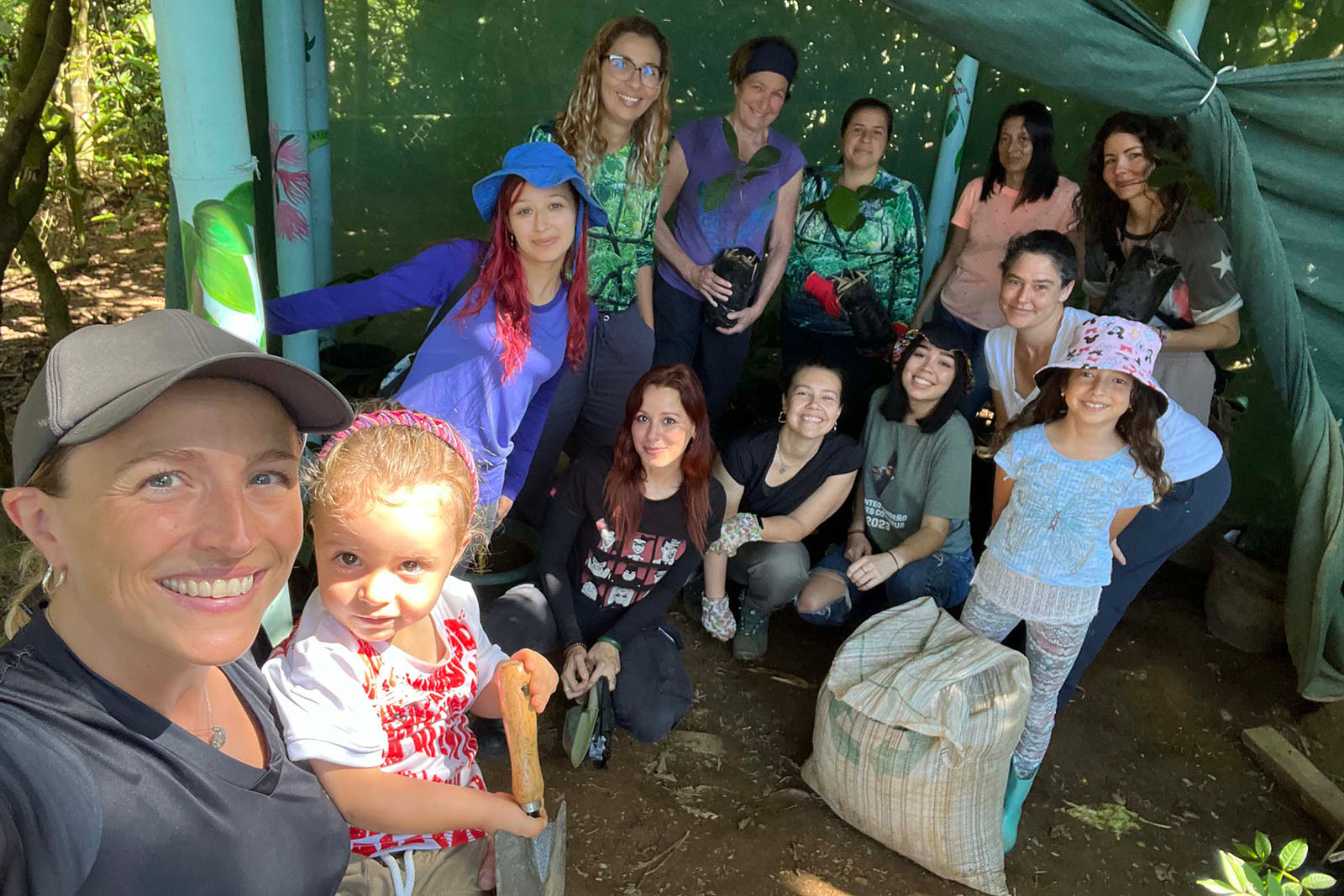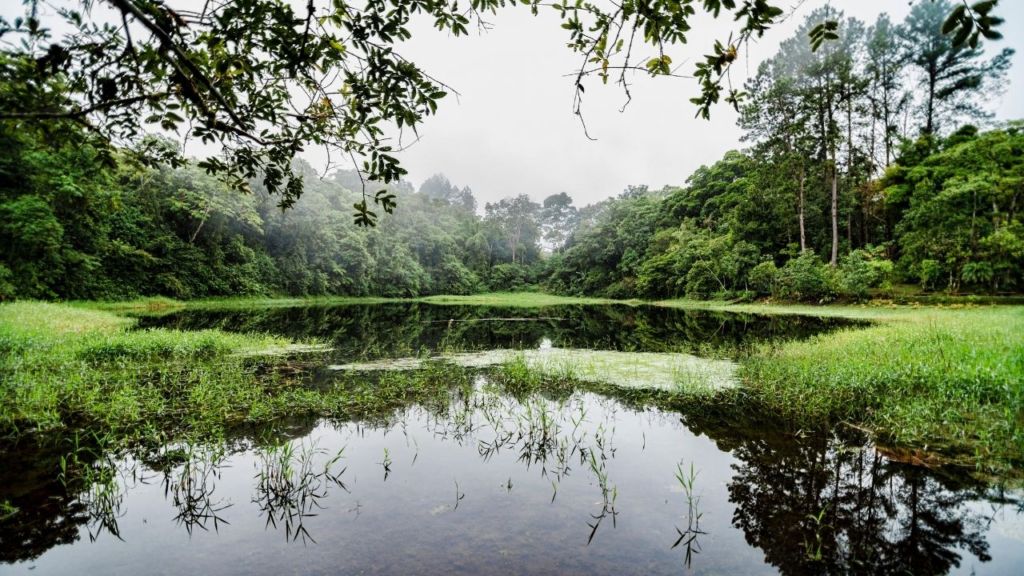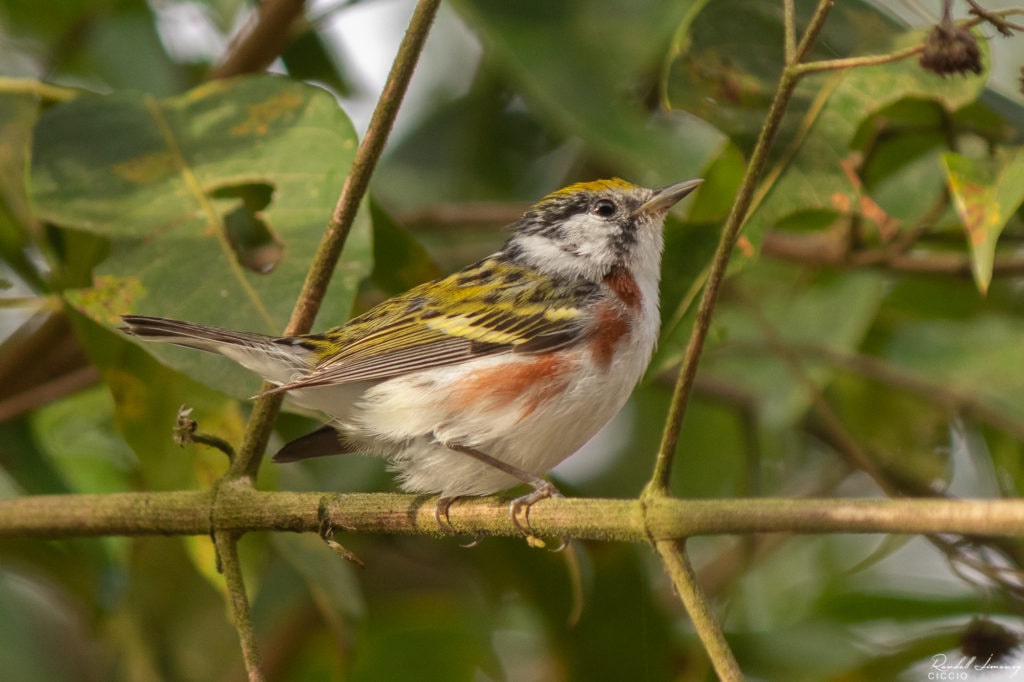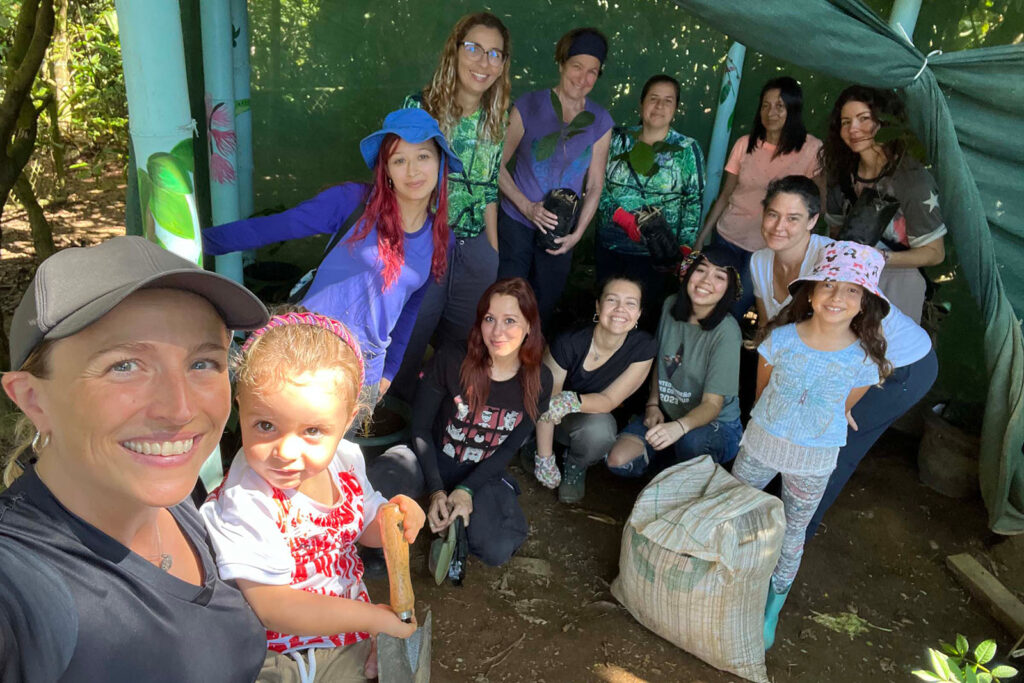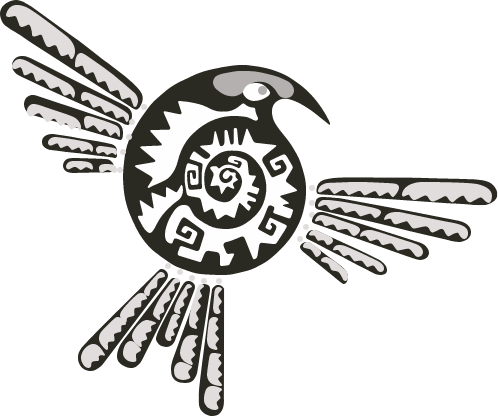Wangari Maathai won the Nobel Peace Prize for starting the Green Belt Movement in Africa, involving women in planting hundreds of trees across the continent.
Jane Goodall is famous for her research among chimpanzees on the same continent (in an era when women didn’t frequently travel alone to such places), and for galvanizing people of all ages, all over the world, to take positive action on behalf of the planet.
Greta Thunberg is a fearless young advocate for addressing climate change, not letting her age or her gender stop her from calling out world leaders for their crimes against the environment.
In Costa Rica’s Area de Conservación Guanacaste (Guanacaste Conservation Area), Milena Gutiérrez Leitón is breaking gender stereotypes as a female park ranger while conducting reforestation research.
These are just a few of countless environmental champions I could name. They may represent different ages, ethnicities, and backgrounds, but embody the same vision: leaving this planet a better place for future generations.
And they are all women.
The participation of women in conservation is not only inspirational, it’s essential. So critical, in fact, that educating women and girls is listed among the top ten most important actions for conservation, along with family planning, both of which fall under the overarching umbrella of female empowerment.
The recent launch of a new program at Finca Cántaros—Las Jóvenes Comprometidas con la Tierra—aims to address the importance of female empowerment, both in the context of conservation and positive youth development.
Según las Naciones Unidas (NU), las niñas y las mujeres enfrentan discriminación en cada parte del mundo. Muchos de los Objetivos de Desarrollo Sostenible de las NU destacan que la meta de mejorar las condiciones sociales y ambientales mundiales exigen que las mujeres y las niñas tengan más acceso a educación, trabajo, asistencia médica, y representación económica y política.
La marginalización de las mujeres limita su control sobre su propia salud reproductiva y la planificación de sus familias. Esta realidad puede llevar a las mujeres a tener más hijos de los que deseen, que a su vez puede perpetuar en un ciclo de pobreza y poner más presión en su medioambiente local, ya que las comunidades con familias más grandes, ocupan más recursos naturales para sobrevivir.
Las mujeres llevan capacidades y perspectivas especiales al campo de trabajo de conservación. Pero es más probable que ellas estén subestimadas por sus conocimientos y contribuciones. También, como todos los sectores laborales, es más probable que enfrenten acoso sexual y diferentes formas de discriminación, como un salario más bajo.
It is critical to create spaces for young women to develop professional skills like leadership as well self-efficacy, which in turn build self-esteem. Such tools and confidence can help facilitate the flow of all their qualities and commitment (not only to conservation but to other causes), along with the capacity to confront and overcome barriers.
Las Jóvenes Comprometidas con la Tierra was kicked off with a tree-planting activity related to the AmistOsa Biological Corridor efforts, conducted in safe social bubbles. As coordinators of the program, Carla Azofeifa (head of Environmental Education at Finca Cántaros) and I want to get to know the young women and understand their goals, strengths, challenges and lived experiences, in order to collaboratively develop the program activities and curriculum with them.
Although the program structure is deliberately undefined for this reason, one thing is certain. We want to encourage more young women to ask themselves: who are my female environmental heroes, both here in Costa Rica and beyond?
And we want them to be able to count themselves among the answers to that question.
